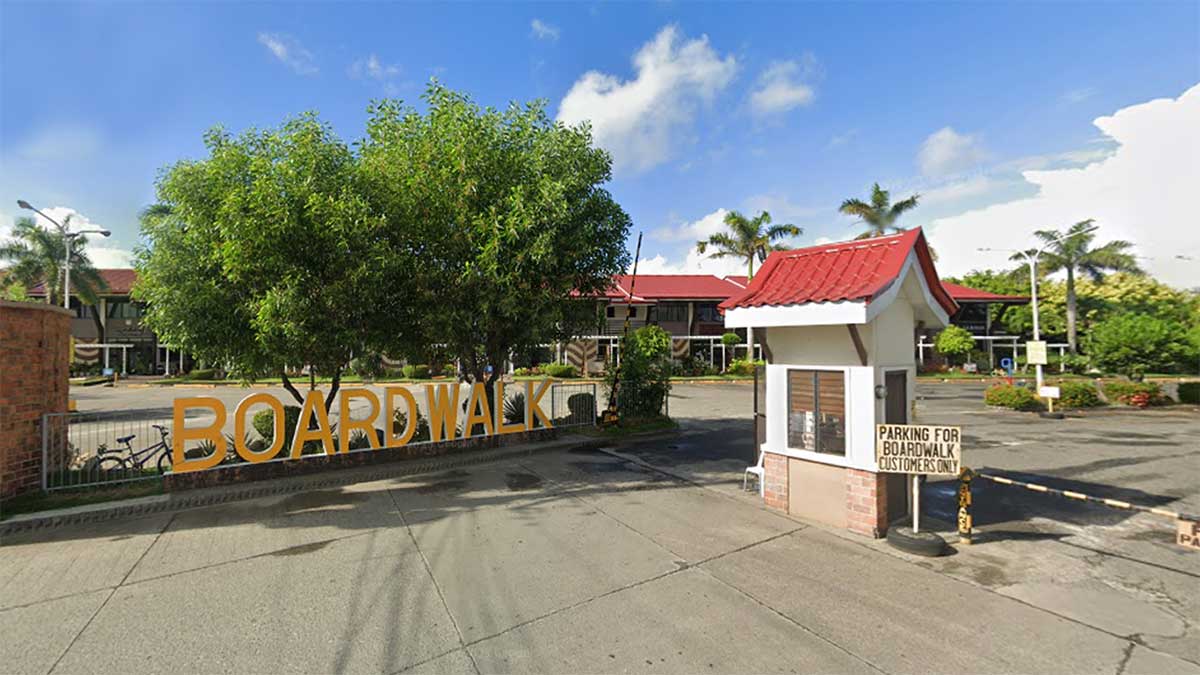
By Rjay Zuriaga Castor
A private equity investment firm assailed what it described as a “confiscatory” and “oppressive” real estate property tax imposed by the city government of Iloilo on their properties.
The Riverside Group of Companies, in a letter addressed to Iloilo City Mayor Jerry Treñas on December 19, expressed shock over the significant increase in their property taxes from 2023 to 2024.
“This came as an absolute shock to us, considering that the income-after-overhead of the properties would not even be sufficient to pay for the assessed taxes. Believe me when I say that we have done the computations,” said Martin Pison.
In 2023, the taxes levied on Riverside Boardwalk Properties, Inc. amounted to P584,283.56, but it soared to P7,564,856.93 in 2024. Similarly, for properties under Riverside Holdings, Inc., real estate taxes increased from P376,119.76 in 2023 to P3,330,504.58 in 2024.
“We hope that the city government realizes that the impossible burden of this imposition on property owners has the potential, considering its domino effect, to run Iloilo City’s economy to the ground,” the firm added.
The firm pointed out that the “thousand-percent increase in property taxes is virtually confiscatory and oppressive.”
“Increasing rentals of our properties to levels which will enable ourselves to pay your property taxes will, in turn, force our locators to close shop, and no new businesses would have sense enough to open under the burden of such high rental rates,” it stressed.
Retired Assessor Nelson Parreño, Executive Assistant of the City Mayor’s Office, told Daily Guardian that they cannot ascertain the cause of the significant increase in the taxes levied on the firm. Although they have received the letter, they have yet to check their records.
“I cannot discuss it thoroughly kay wala pa namun ma kita isa-isa although nakita na namun ang letter. May mga classification kami, may residential, agricultural, commercial, and iban pa. Indi ko pa mabal-an kay their properties are almost 2 hectares and kadamo damo nga subdivided properties involved,” he said.
[I cannot discuss it thoroughly because we have not yet reviewed each one individually, although we have seen the letter. We have various classifications, including residential, agricultural, commercial, and others. I cannot determine yet because their properties cover almost 2 hectares, and there are numerous subdivided properties involved.]
The increase in real estate property taxes in the city will take effect in 2024, marking the first increase since 2006.
Under Presidential Decree No. 1621, a general revision of real property assessments for real property tax purposes is conducted once every three years.
Meanwhile, Iloilo City Mayor Jerry Treñas said the Mandanas-Garcia Ruling of the Supreme Court in 2018 has compelled the city government to increase the tax imposed on real estate properties.
“Ang real property tax, napilitan kita magpasaka because of the Mandanas ruling plus gindownload na sang iban pa nga departments ang mga ginahatag nila sa aton. For 18 years waay kita nagpasaka because at that time daw sufficient man aton nga pondo,” he said in a pres conference on Thursday, December 21.
[The real property tax, we were compelled to increase because of the Mandanas ruling, plus other departments have downloaded their obligations to us. For 18 years, we haven’t increased because funds seemed sufficient.]
The Mandanas Ruling provided that the share of local government units (LGUs) from the national taxes is not limited to “national internal revenue taxes” collected by the Bureau of Internal Revenue but includes collections from other tax collecting agencies.
Treñas clarified that the complaint lodged by the Riverside Group of Companies pertains to the market value and assessed value of a property and not the actual rates for real property tax.
According to Treñas, the market value needs to be multiplied by the assessed value to determine the actual tax obligation for the property.
He further highlighted that with the constant appreciation in real estate values, an upward adjustment in real property tax is anticipated. The discrepancy in market and assessed values may result in property owners facing higher tax obligations than initially anticipated.
“Subong, gatan-aw kita about P500-million nga dugang nga gasto naton. It is very unfortunate that because of the pandemic, ang aton national share sa Internal Revenue Allotment nanaog,” he added.
[We are looking at about a P500-million capital expenditure. It is very unfortunate that because of the pandemic, our national share in the Internal Revenue Allotment has decreased.]
Treñas further maintained that the increase is justifiable as it corresponds to the increase in the value of the property.
He added that he understands the shock of the firm, noting that it took the city government nearly two decades to increase the taxes levied.
“Maybe ako man may sala kay ti kon nagpasaka kita amat-amat daw indi man magreklamo no, pero six cycles wala,” he said.
[Maybe I am at fault because if we had increased it gradually, maybe there wouldn’t be any complaints, but for six cycles there was no increase.]





















